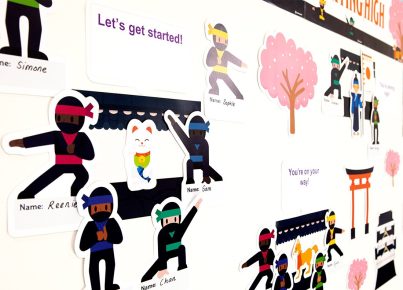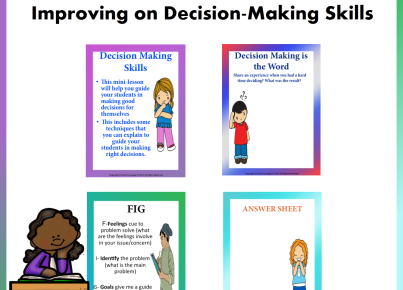Introduction:
The teaching profession can be immensely rewarding as well as incredibly demanding. In today’s rapidly evolving information age, teachers are often expected to be available for their students virtually around the clock. While dedication to students’ needs is commendable, it is crucial for teachers not to lose sight of the negative repercussions that being available 24/7 can have on both their well-being and professional effectiveness.
1. Importance of Work-Life Balance for Teachers
Teaching isn’t just about delivering lecture materials – it also involves grading papers, preparing lessons, and providing guidance to students on an individual basis. Consequently, many teachers find themselves staying late or constantly checking their emails without considering the need for personal rest and relaxation. Establishing a healthy work-life balance is essential not only for mental health but also for long-term job performance and satisfaction.
2. Setting Boundaries with Communication Channels
One way to prevent yourself from being available to students all the time is by setting clear boundaries when it comes to communication channels. In order to do this, establish designated methods—such as email or a dedicated messaging platform—for reaching you outside of school hours. Moreover, consider setting a strict schedule for answering non-urgent student queries; this will let you manage your time while showing your commitment to addressing student concerns.
3. Prioritizing Self-Care
Frequently sacrificing personal time for instructional duties could lead to burnout – a state of emotional, physical, and mental exhaustion caused by excessive stress. Self-care is essential not only in maintaining your mental health but also in enhancing your ability to perform consistently at work. Set aside time for activities that bring you joy and relaxation and ensure that your evenings or weekends aren’t entirely engulfed by work.
4. Harnessing Technology For Balanced Availability
Instead of being constantly accessible, utilize various online tools to create a consistent yet manageable level of availability. This includes online forums, project management software, and educational platforms that keep students engaged in their studies while freeing you up from the constant barrage of questions and tasks.
5. Collaboration and Support Networks
Lean on your professional community—your colleagues and administrators—for support and advice. Sharing tasks, ideas, and strategies with fellow teachers can help reduce the pressure to be available 24/7. Importantly, a functioning school support network can facilitate a sustainable environment where healthy work-life balance is acknowledged and prioritized.
Conclusion:
While it is essential to be accessible for students, teachers must recognize the limits of their endurance and energy. The benefits of a balanced lifestyle extend far beyond personal well-being; it also allows you to become a more effective educator, role model, and mentor for your students. By setting boundaries, prioritizing self-care, harnessing technology, and relying on peer support networks, you can create sustainable habits that will ensure long-lasting success in your teaching career.





